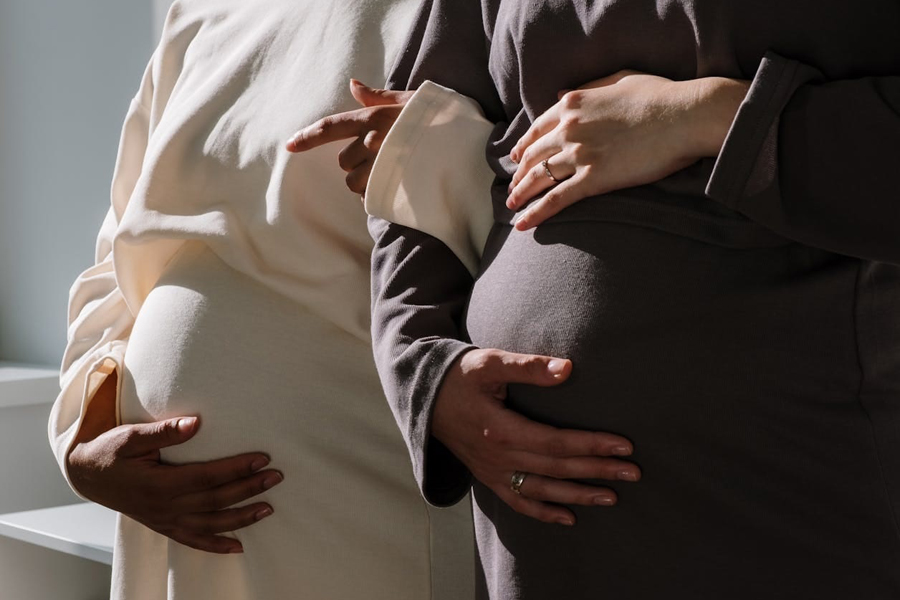Court orders beneficiaries not to refund shs6bn oil handshake
The High Court in Kampala has issued an interim order stopping the Inspector General of Government (IGG) from investigating and forcing beneficiaries of the 6 billion shillings presidential handshake to refund the money.
Last year, the parliamentary committee on Commissions, Statutory Authorities and State Enterprises (COSASE) recommended that all the 42 beneficiaries of the oil tax cash dubbed the presidential handshake refund six billion shillings they had shared, a recommendation that parliament took.
Keep Reading
- > Broken Promises and Barren Fields: Serere Farmers Vent Frustration
- > Uganda's Intellectual Property Landscape: Progress and Challenges
- > Keddi Foundation Extends Relief Aid to Flood-Affected Residents, Market Vendors in Entebbe
- > Understanding the Role of RDCs in Uganda: Mandates and Responsibilities
The public officials had received the money as a token for their role in the 400-million-dollar Heritage Oil arbitration case which Uganda won.
However, former Uganda Revenue Authority (URA) lawyer Ali Sekatawa sued government (Attorney General and COSASE seeking for a review on the findings and recommendations in its report regarding the famous cash bonanza.
Sekatawa received Shs242 million out of the six billion that was shared among 42 government officials.
On Thursday, the head of the Civil Division Justice Andrew Bashaija, ordered that the interim order is to stay until the hearing and final disposal of the main case by Sekatawa.
The judge also issued summons against the Attorney General, William Byaruhanga ordering him to appear in court for cross examination in respect to the affidavit he made in response to the case.
In the main case, Parliament which is a defendant also sought to cross examine Sekatawa who challenged COSASE’s proceedings for being conducted in a manner he says contravened the principles of natural justice.
Sekatwa contends that some of the COSASE members including the chairperson Abdu Katuntu and Medard Lubega Sseggona, a member had a conflict of interest having been members on the Legal and Parliamentary Affairs committee of the ninth parliament that had summoned the government officers, queried the expenditures on the arbitration cases and eventually approved the budgets.
“During the course of hearings before COSASE, the chairman and members of the committee exhibited apparent bias. This was evidenced in the manner in which they conducted the inquiry,” Ssekatawa says in his suit before the High Court.
He says that it was improper for the same members to take part in an inquiry that questioned the same expenditures that they had themselves earlier approved.













